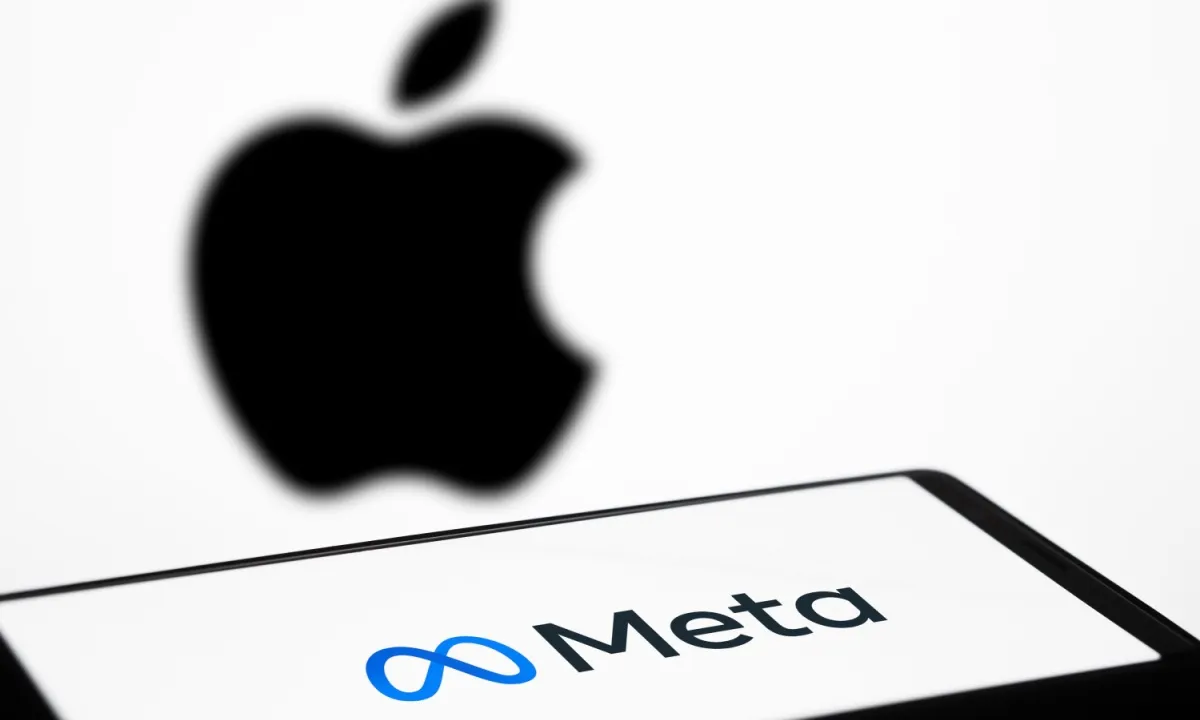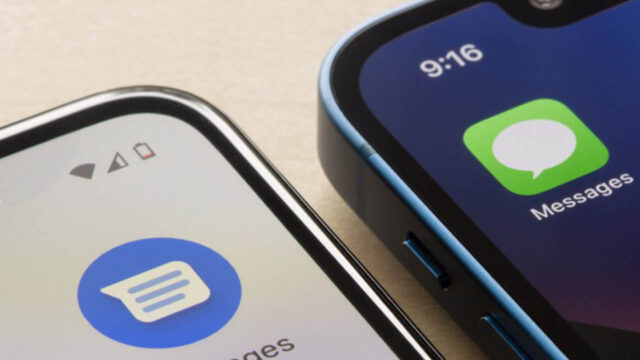While spyware companies are trying to strengthen their relationships with the White House, tech giants have countered. Apple and Meta (owner of WhatsApp) officially announced that they will protect their users from “mercenary spyware.” These statements demonstrate that the tech giants are standing with their platform users and responding to growing surveillance concerns. Two spyware companies, particularly those with Israeli ties, are reportedly seeking rapprochement with a potential Trump administration.
Pegasus developer NSO Group returns: Tech giants declare war
The first of these companies is NSO Group, infamous for its powerful mobile spyware called Pegasus. NSO, which has faced significant financial difficulties due to numerous controversies in the past, was recently acquired by a US-based investor group. The company’s new chairman is David Friedman, who served as ambassador to Israel during Donald Trump’s first term. In a statement to the press, Friedman made it clear that they want to build rapport with the White House and sell NSO’s services to American law enforcement.

The other Israeli company is Paragon. Paragon, which produces spyware called “Graphite,” was recently acquired by Red Lattice, an American investment firm. It was revealed that Paragon had previously worked with the US government and had signed a deal with US Immigration and Customs Enforcement (ICE) under the Biden administration in 2024. This agreement was reportedly overlooked by the White House until a news report revealed it. The agreement was later suspended pending a determination of its compliance with a 2023 executive order prohibiting the use of spyware in human rights violations.
Both NSO and Paragon have been accused of hacking popular messaging platforms such as Meta’s WhatsApp and Apple’s iMessage. The US administration’s stance on this matter appears contradictory. While the Biden administration blacklisted NSO in 2021 for posing a risk to national security, the FBI is known to have long considered using this software in domestic investigations. Now, these two powerful cyberweapons distributors are again attempting to engage with the Trump administration.
In response to these alarming developments, Apple and Meta pledged to protect their platforms. An Apple spokesperson said, “Threat notifications are designed to inform and assist users who may have been individually targeted by mercenary spyware. Geographical location is not a factor in these notifications.” A Meta spokesperson added, “WhatsApp’s priority is to protect our users by thwarting the hacking efforts of mercenary spyware, creating new layers of protection, and alerting individuals whose devices are at risk.”
These protection promises from tech giants represent a significant stance against spyware companies’ increasing pursuit of political influence. So, what are your thoughts on these spyware threats? Are you concerned that your smartphone is being tapped or monitored?













